The world is entering a period of profound geopolitical and global economic shifts. Technological competition, climate change and shifting supply chains pose severe challenges, but at the same time, they also open up a “window of opportunity” for responsive countries.
Vietnam, with its flexible foreign policy, cooperative spirit and geostrategic position in the heart of Southeast Asia, holds a historic opportunity to make a breakthrough if it goes in the right direction.
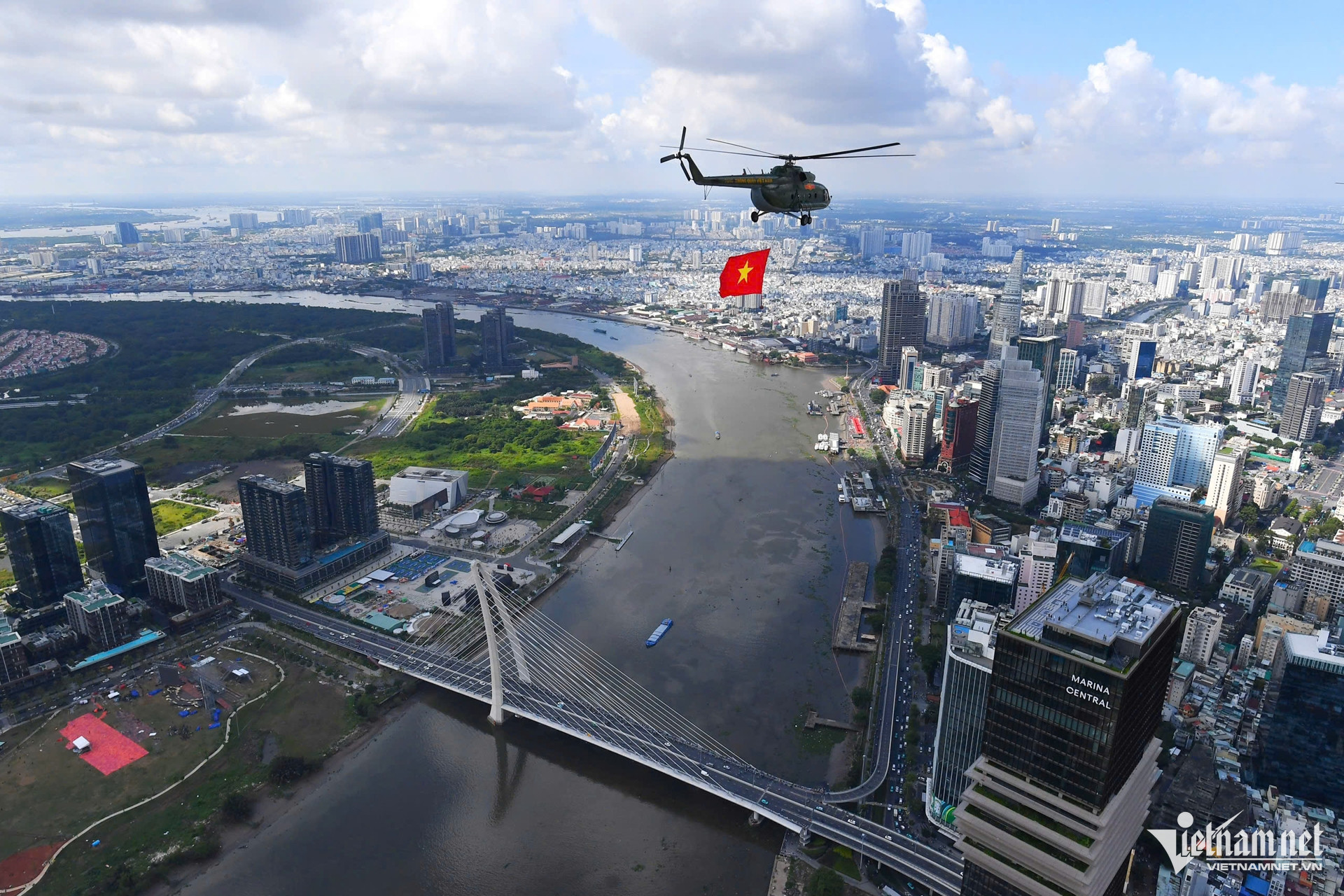
If it develops from its own strength, Vietnam can completely break through and transform itself into a knowledge-based, modern and self-reliant economy . Photo: Nguyen Hue
Mindfulness: Building a foundation from sustainable inner strength
In the context of an uncertain world , Vietnam needs a sober and proactive strategic mindset. In the short term, it is necessary to maintain socio-economic stability; in the medium and long term, it is necessary to build a sustainable internal foundation from existing strengths, at reasonable costs and with high efficiency.
The question is: Where should Vietnam start?
The first answer is agriculture, which provides a livelihood for more than 60% of the population, but the full answer must be smart agriculture.
Vietnam has great advantages: large cultivated area, diverse climate, rich products, leading the world in exporting rice, coffee, cashew, pepper, and seafood. However, Vietnam still has many bottlenecks that need to be resolved such as polluted soil, lack of care; lack of systematic research on crop varieties, especially cashew and pepper; and especially climate change, which is becoming increasingly severe.
Just a few dozen kilometers away from Vietnam, Cambodia has invested in new cashew varieties, with outstanding productivity. Meanwhile, Vietnam - the leading cashew exporting country - still lacks a systematic research foundation for varieties.
If it does not change quickly, Vietnam will lose its advantage right at home.
Digital technology: The key to increasing the value of agricultural products
Integrating digital technologies such as IoT, AI, and blockchain can transform traditional agriculture into smart agriculture, increasing outstanding value: In Lam Dong, greenhouse technology and drip irrigation help increase fruit and vegetable productivity by up to 40%. In the Mekong Delta, smart sensors save 20% of water, 30% of fertilizer, and increase rice productivity by 12-15%.
Meanwhile, blockchain transparently traces the origin, expands the high-end export market, and increases product value by 20%.
It is estimated that if agricultural productivity increases by 10% per year and the spillover effect is a modest 1.7 times, Vietnam's GDP growth could increase from the current 7% to nearly 10% within 3-5 years.
High technology: The driving force for the knowledge economy
Smart agriculture cannot be separated from high technology - where Vietnam is gradually asserting its position.
By 2024, information technology will account for about 14% of Vietnam's GDP, with software exports reaching 7 billion USD. Vietnam has 70% of its population under 35 years old, a good math foundation, and a fast pace of technology adoption.
AI analyzes land, water, and climate data to optimize production. Drones reduce pesticides by 50%. Big data and cloud computing build real-time supply chains.
Technological advantages not only modernize agriculture but also open the door for Vietnam to enter a knowledge-based creative economy and high-value services.
Building a Value Resonance Ecosystem: A Sufficient Condition for Success
However, smart and high-tech agriculture are only necessary conditions. The sufficient condition for success is to build an ecosystem of value resonance, a comprehensive resonance integrating land, seeds, techniques, technology, training, finance, output and policy.
High-quality soil and seeds combined with biotechnology and sustainable management create the foundation. Smart agricultural technology (IoT, AI, blockchain) increases productivity and connects markets. Digital human resources operate technology effectively. Flexible finance (preferential loans, investment funds) supports innovation. Stable output thanks to digital supply chains. State policies connect farmers, businesses, startups, promote cooperation, ensure sustainable development and high value.
Vietnam needs to strongly promote high-tech agricultural zones and innovation incubators, while training farmers in digital skills and creating an open legal corridor for new business models.
Only when there is an ecosystem of value resonance can innovation truly flourish and spread throughout the economy.
Vietnam: Leveraging the power of deep processing and exporting specialties
Besides modernizing agriculture, Vietnam needs to strongly develop the food processing industry - a key factor in creating sustainable added value.
The construction of deep processing research centers in the Red River Delta and the Mekong River Delta is a strategic step, helping Vietnam not only export raw agricultural products, but also export high-quality processed foods.
Nafoods and Vinamit - two of many typical successful companies
Nafoods Company is a pioneer in deep processing of Vietnamese agricultural products. With its main product being passion fruit, Nafoods has invested in modern technology, producing concentrated juice and processed products that meet export standards to more than 70 countries, including demanding markets such as the EU and the US.
Vinamit Company is a famous brand with dried and freeze-dried fruit products, exported to more than 20 countries, including demanding markets such as the US, Japan and Korea. The company builds clean fruit raw material areas and applies modern processing technology.
The success of Nafoods, Vinamit and many other companies such as GC Food, Dong Giao, ADC..., shows the great potential of deep processing strategy and building Vietnamese brands on the world food map.
Choosing the Future: The Path of Independence and Self-Determination
Vietnam is standing at a historical crossroads: Ahead is an uncertain world, behind are lessons from decades of dependent development.
If we are clear-headed and develop from within - with smart agriculture, high technology, deep processing and a value-resonant ecosystem - Vietnam can completely break through and transform into a knowledge-based, modern and self-reliant economy.
Agriculture played an extremely important role in the early stages of the rise of many countries such as Korea, Taiwan, Japan, Australia, the United States, the Netherlands, Denmark, etc.
This is no longer a distant dream. This is a feasible path if we are determined and take action.
Economist Tran Si Chuong co-authored (with Professor James Riedel, Johns Hopkins University) the first report of the World Bank (WB/IFC, 1997), assessing the potential for the development of Vietnam's private economic sector and proposing a number of policies for the country's industrialization. He has over 30 years of experience in economic consulting and business development strategy in the United States and for a number of businesses in Asia, domestic enterprises and multinational enterprises investing in Vietnam. Mr. Tran Si Chuong was a Senior Advisor on Monetary and Economic Policy for the US Congressional Banking Committee, Washington, DC, and also a Congressional Assistant on Foreign Trade and Foreign Affairs. |
* The article has the participation of comments from Professor Dr. Nguyen Quoc Vong (majoring in Agroforestry Biology - RMIT University and Gosford Agricultural Institute - Australia), and Ms. Nguyen Thi Thanh Thuc - General Director of AutoAgri Technology Joint Stock Company.
Vietnamnet.vn
Source: https://vietnamnet.vn/truoc-buoc-ngoat-lich-su-dot-pha-tu-noi-luc-2396856.html




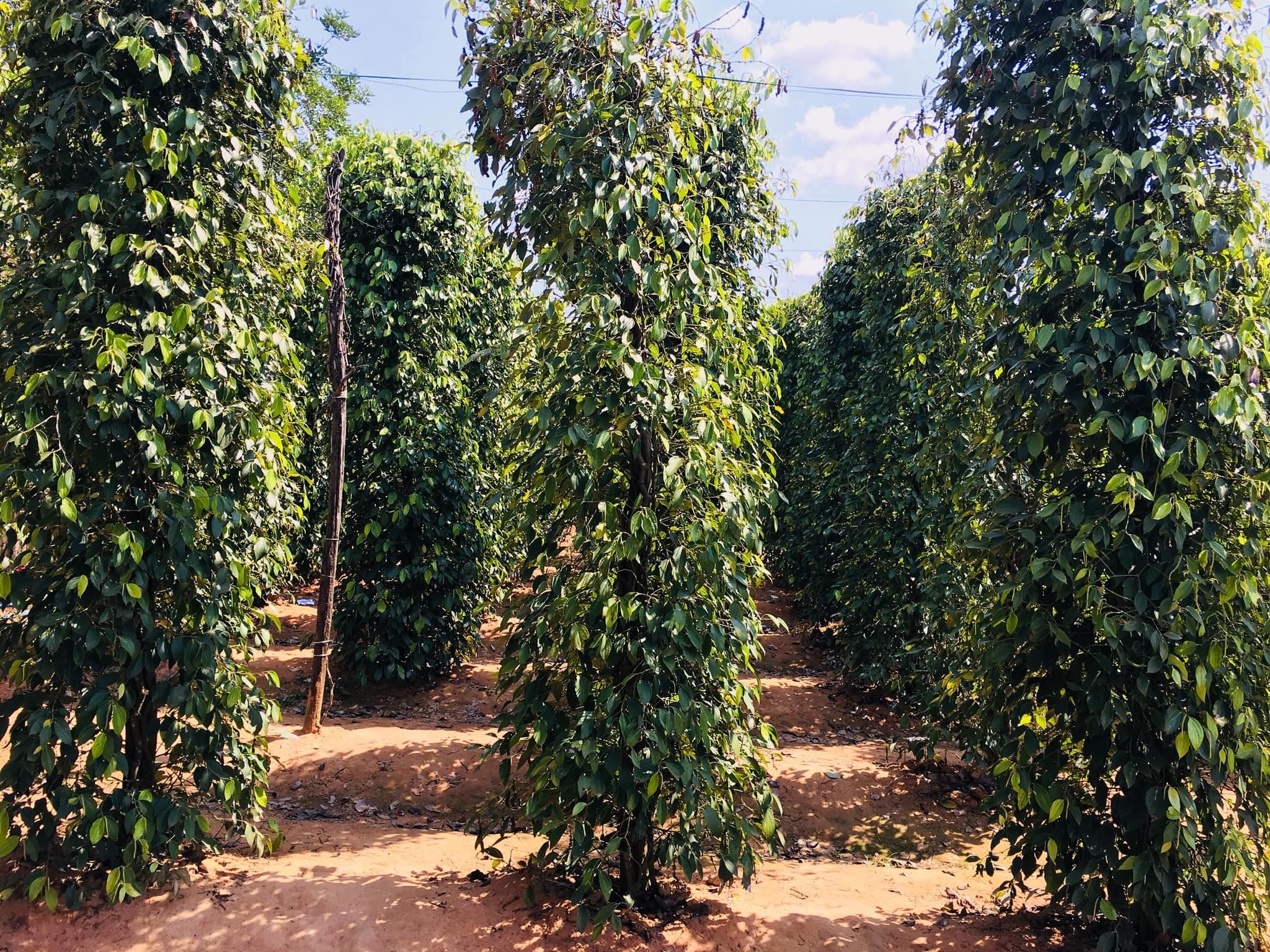

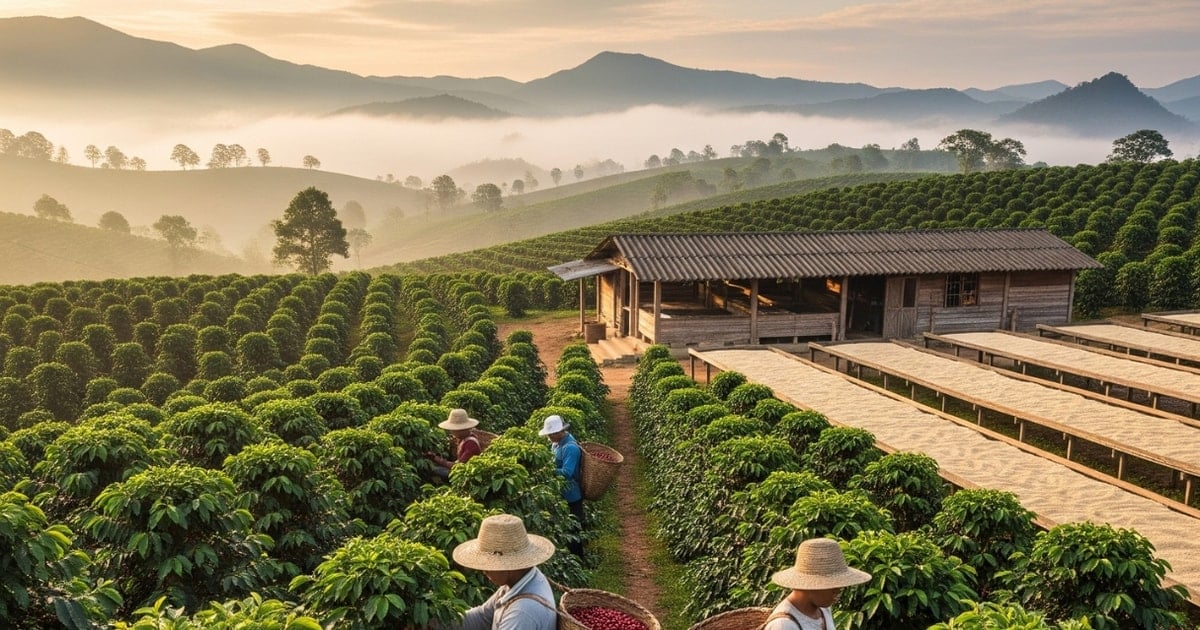
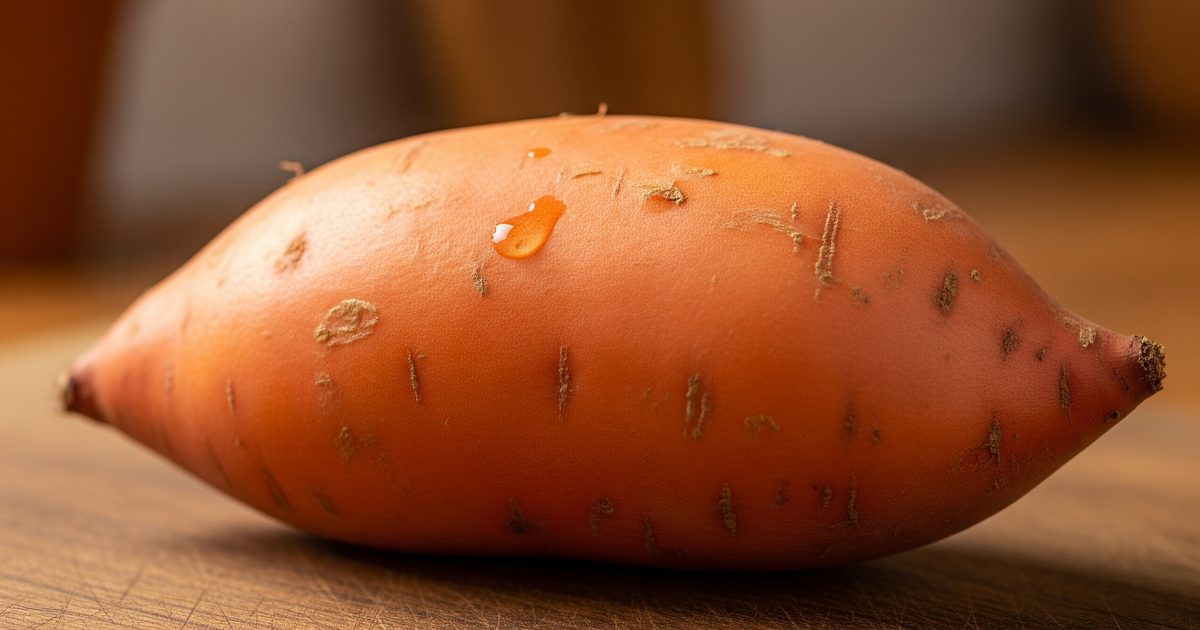
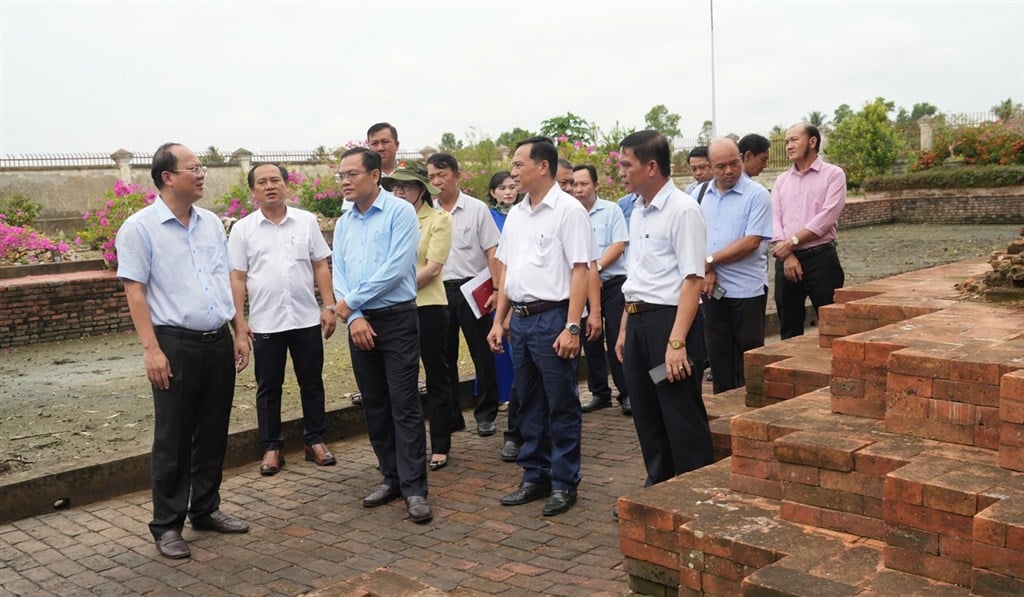



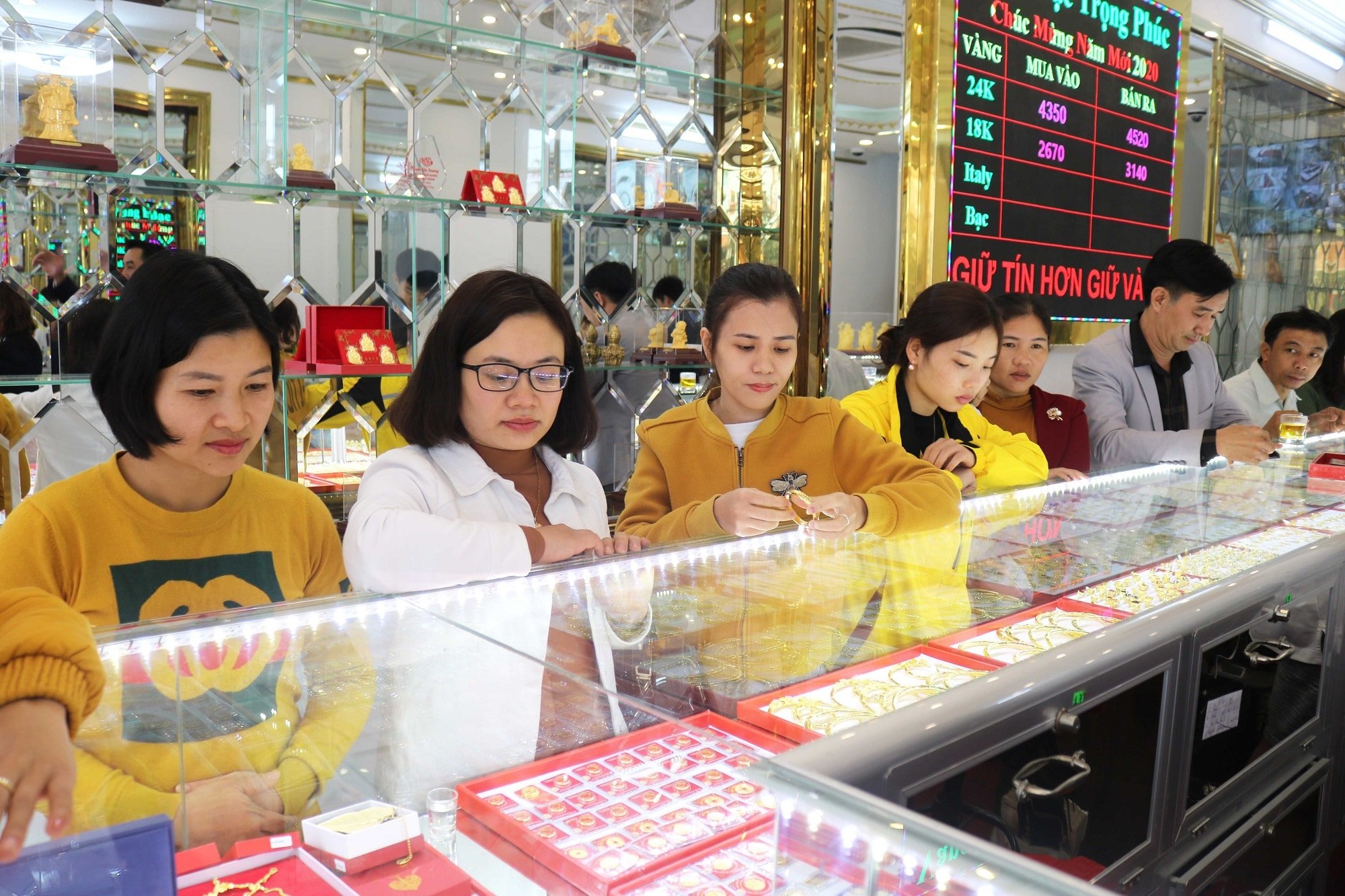












![[Photo] An Phu intersection project connecting Ho Chi Minh City-Long Thanh-Dau Giay expressway behind schedule](https://vstatic.vietnam.vn/vietnam/resource/IMAGE/2025/8/21/1ad80e9dd8944150bb72e6c49ecc7e08)





































![[Photo] Politburo works with the Standing Committee of Hanoi Party Committee and Ho Chi Minh City Party Committee](https://vstatic.vietnam.vn/vietnam/resource/IMAGE/2025/8/21/4f3460337a6045e7847d50d38704355d)

































Comment (0)